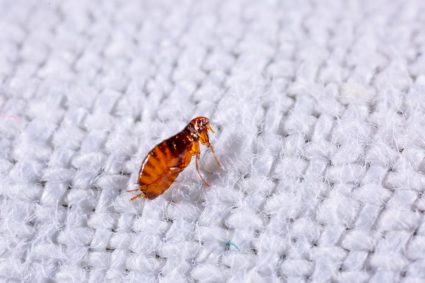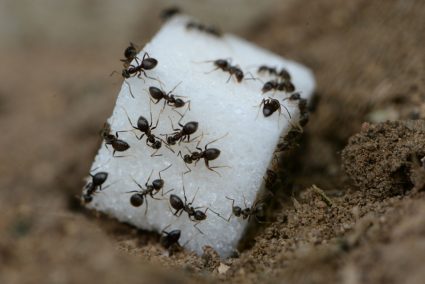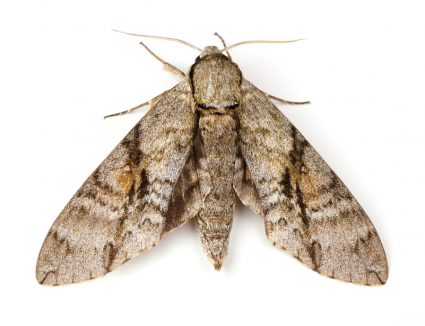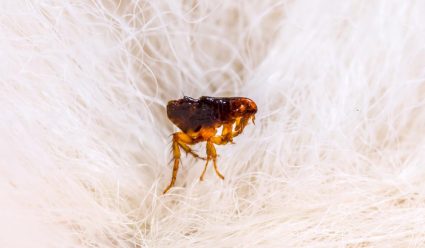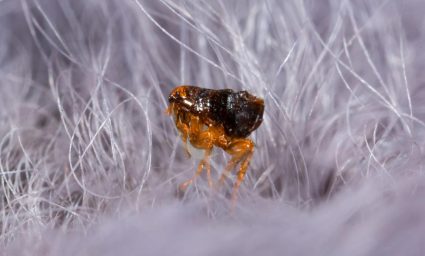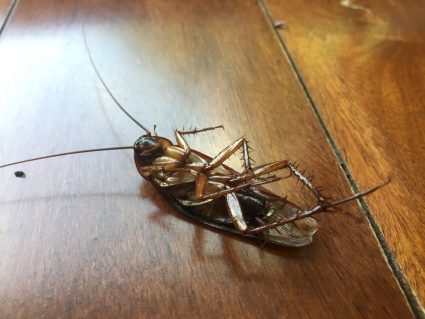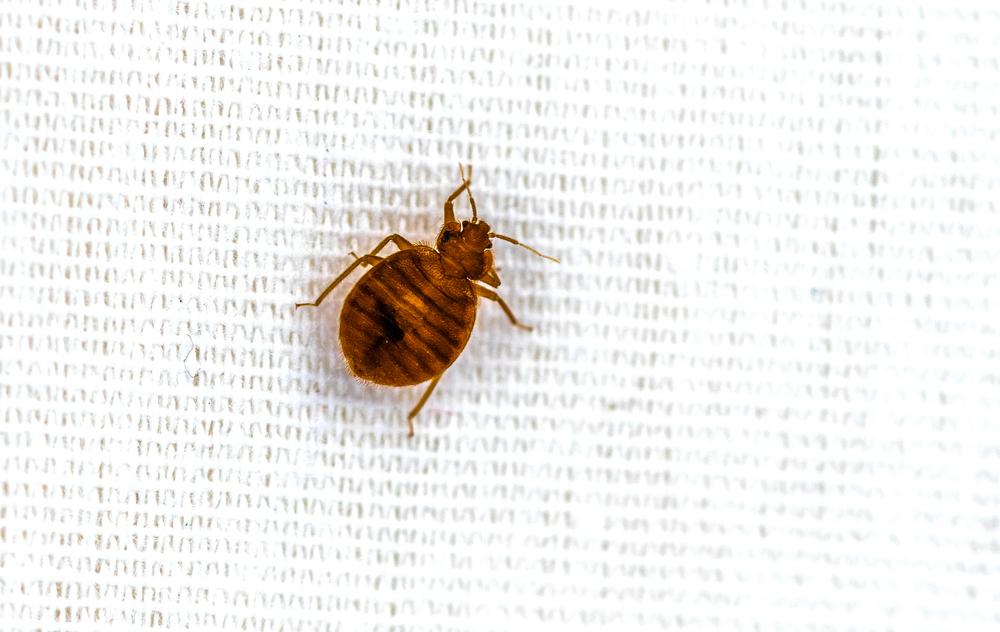
Bed bugs can be a nuisance, causing itchy bites and disrupting your sleep. But don’t despair, there are ways to repel these pesky critters from your body. In this comprehensive guide, we will explore various methods to prevent and deal with bed bug infestations, from natural remedies and preventive measures to professional pest control services.
To repel bed bugs from your body, use natural remedies such as essential oils like tea tree, peppermint, and lavender, diatomaceous earth, or baking soda. Regular cleaning and reducing clutter in your home can also prevent bed bug infestations. In case of severe infestations, professional pest control services may be required.
Identifying Bed Bug Bites
Before we delve into methods of repelling bed bugs, it’s essential to know how to identify their bites. Bed bug bites typically appear as red and swollen spots with a dark center. They often occur in lines or clusters, with multiple bites grouped together. Bites are typically found on exposed skin while sleeping, such as the face, neck, arms, and hands. However, not everyone reacts to bed bug bites in the same way; some people may not develop any marks or symptoms, while others may experience more severe reactions.
Natural Remedies to Repel Bed Bugs
There are several natural remedies you can use to repel bed bugs. Here are some of the most effective ones:
Essential Oils
Essential oils such as tea tree, peppermint, lavender, thyme, lemongrass, and clove are known to repel bed bugs. To create a bed bug spray, fill a clean spray bottle with water and add one drop of essential oil per ounce of water. Shake well and spray on surfaces where bed bugs are likely to hide, such as bedding, carpets, and upholstery.
Diatomaceous Earth (DE)
DE is a natural, chemical-free powder that can eliminate bed bugs by dehydrating them. Sprinkle DE around your bed, mattress seams, and furniture to deter bed bugs.
Baking Soda
Baking soda can also help repel bed bugs by dehydrating them. Simply sprinkle baking soda around your bed to create a barrier against bed bugs.
Remember, these remedies may not completely eliminate a bed bug infestation. In case of severe infestations, professional treatment may be required.
Preventive Measures
Prevention is always better than cure. Here are some preventive measures you can take to avoid bed bug infestations:
Regular Cleaning
Regularly wash and heat-dry your bed sheets, blankets, and pillowcases to kill bed bugs and their eggs. Vacuum your mattress, bed frame, and surrounding areas frequently to remove any bed bugs and their eggs.
Reduce Clutter
Keep your home clutter-free. The less clutter you have, the fewer hiding places for bed bugs.
Inspect Your Belongings
Inspect your luggage, clothing, and secondhand furniture for signs of bed bug infestation before bringing them into your home.
Professional Pest Control
Professional pest control is crucial in managing and preventing bed bug infestations. Professionals have the necessary training and experience to identify the extent of the infestation, locate hiding spots, and assess the severity of the problem. They also have access to a wide range of effective registered products and know how to use them safely. While hiring a professional may seem expensive initially, it can save you time, stress, and money in the long run.
Conclusion
Bed bugs can be a real nuisance, but with the right methods, you can repel them and keep your home bug-free. Remember, the key is to act fast. The sooner you start treating the problem, the easier it will be to get rid of the bugs. Don’t let the bed bugs bite!
Frequently Asked Questions
How frequently should I wash and heat-dry my bedding to prevent bed bugs?
It is recommended to wash and heat-dry your bedding at least once a week. Bed bugs can’t survive high temperatures, so the heat-drying process is crucial.
Can I use any essential oil to repel bed bugs?
Not all essential oils are effective against bed bugs. The most effective ones are tea tree, peppermint, lavender, thyme, lemongrass, and clove.
How can I identify a bed bug infestation in my home?
Signs of a bed bug infestation can include red, itchy bites on your body, tiny blood stains on your sheets or pillows, and dark or rusty spots of bedbug excrement on sheets, mattresses, bed clothes, and walls.
How long does it take for a professional pest control to eliminate bed bug infestations?
The time it takes to completely eliminate a bed bug infestation can vary depending on the severity of the infestation, the size of the property, and the methods used by the pest control professionals. It can take anywhere from a few days to a few weeks.
Can bed bugs spread diseases?
According to the Centers for Disease Control and Prevention (CDC), bed bugs are not known to transmit or spread disease. However, their bites can cause skin irritation and allergic reactions in some individuals.

